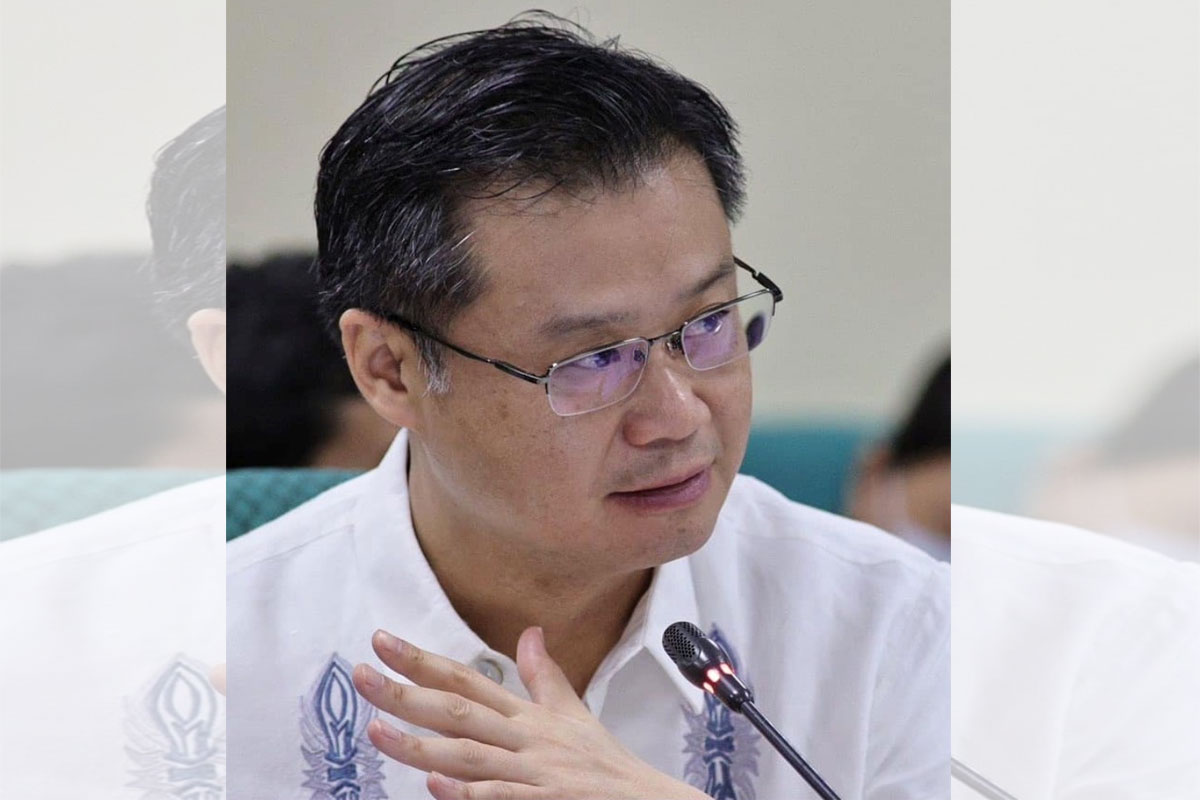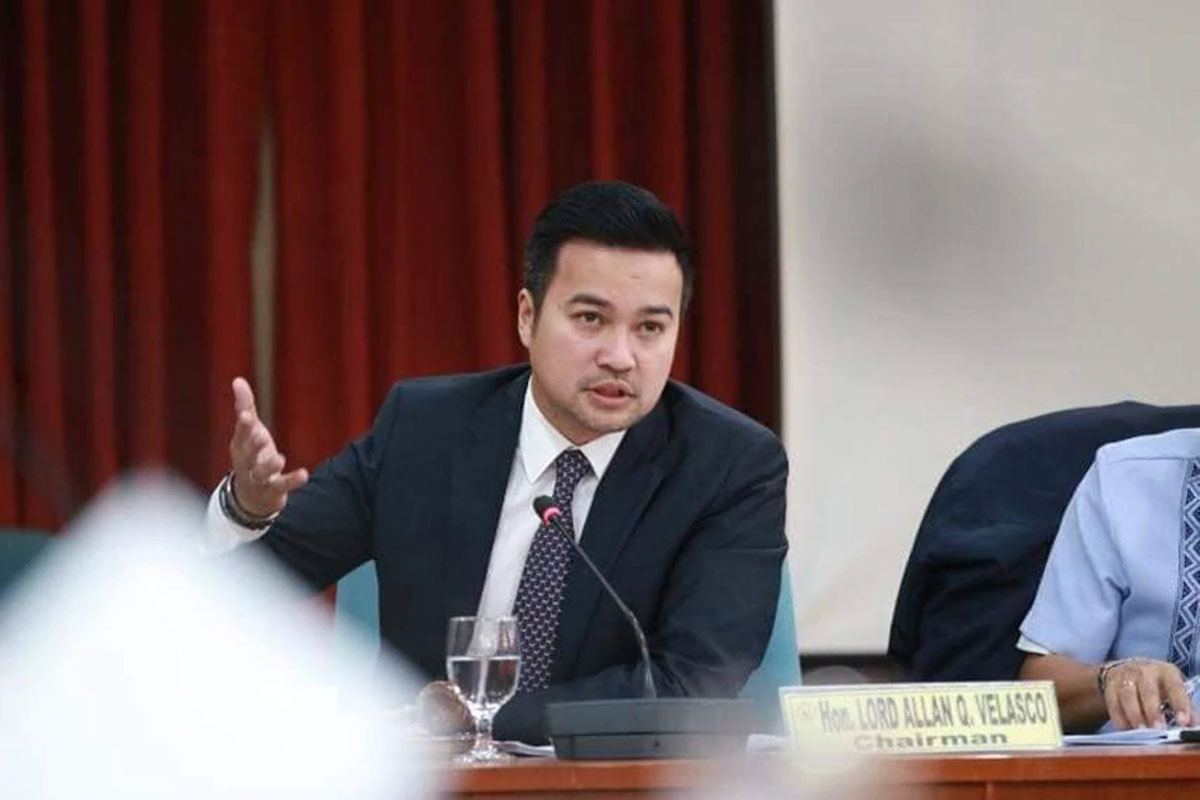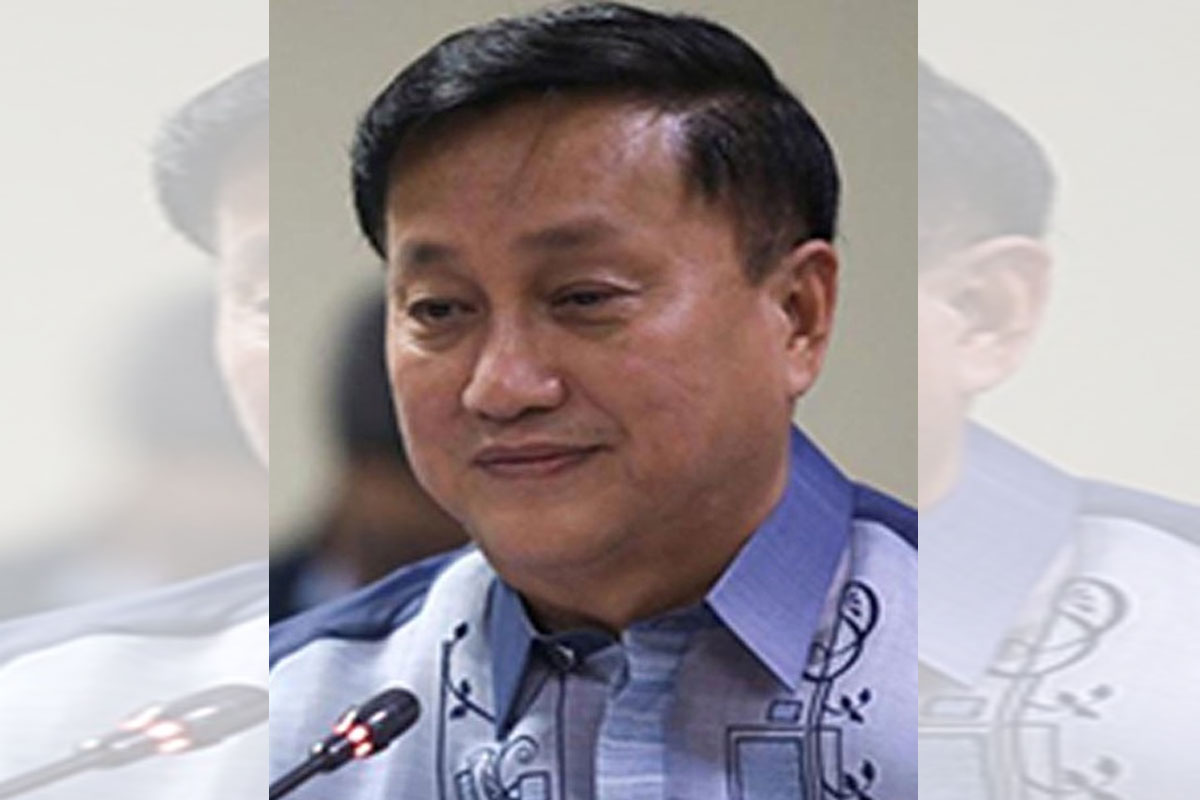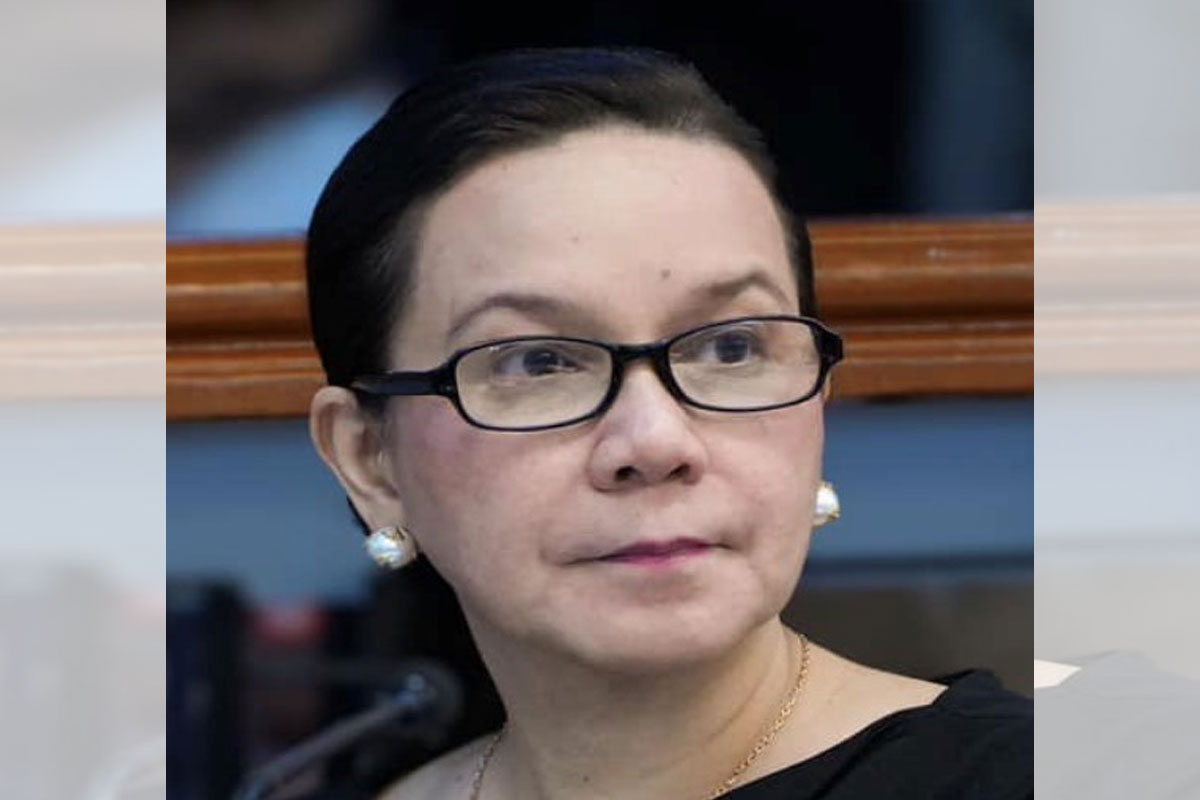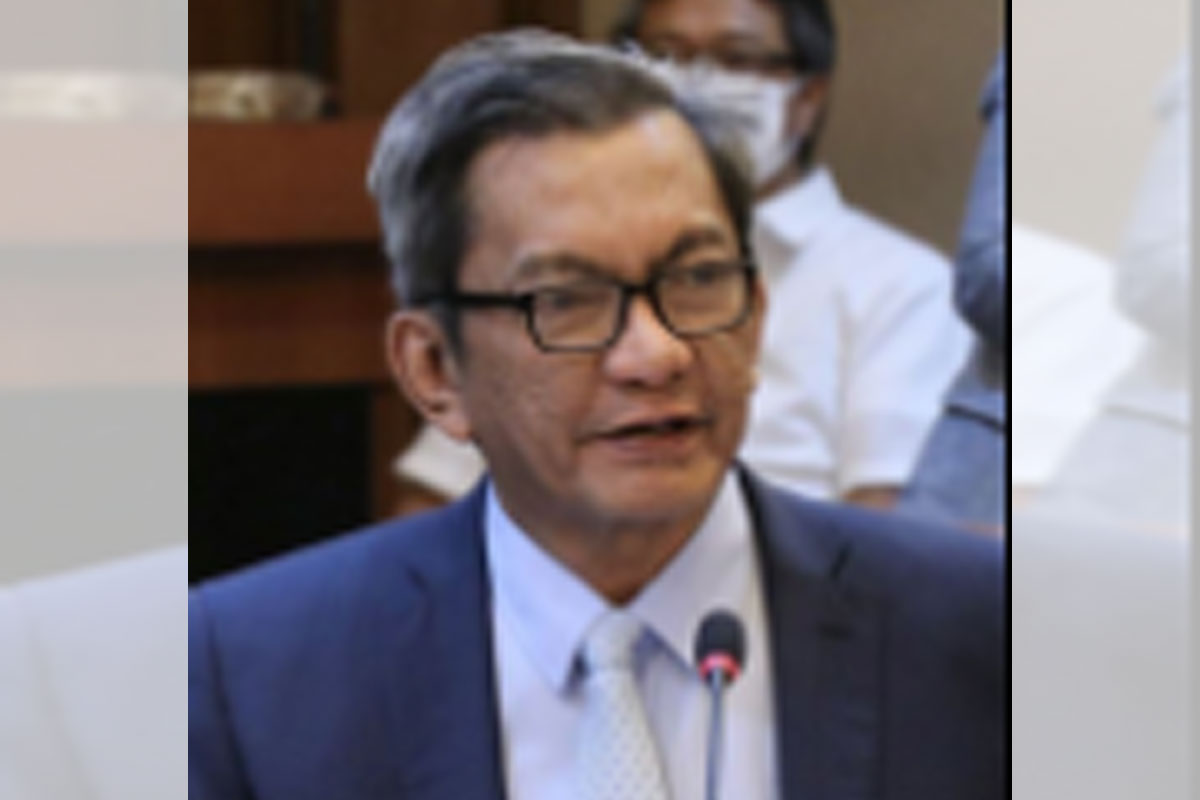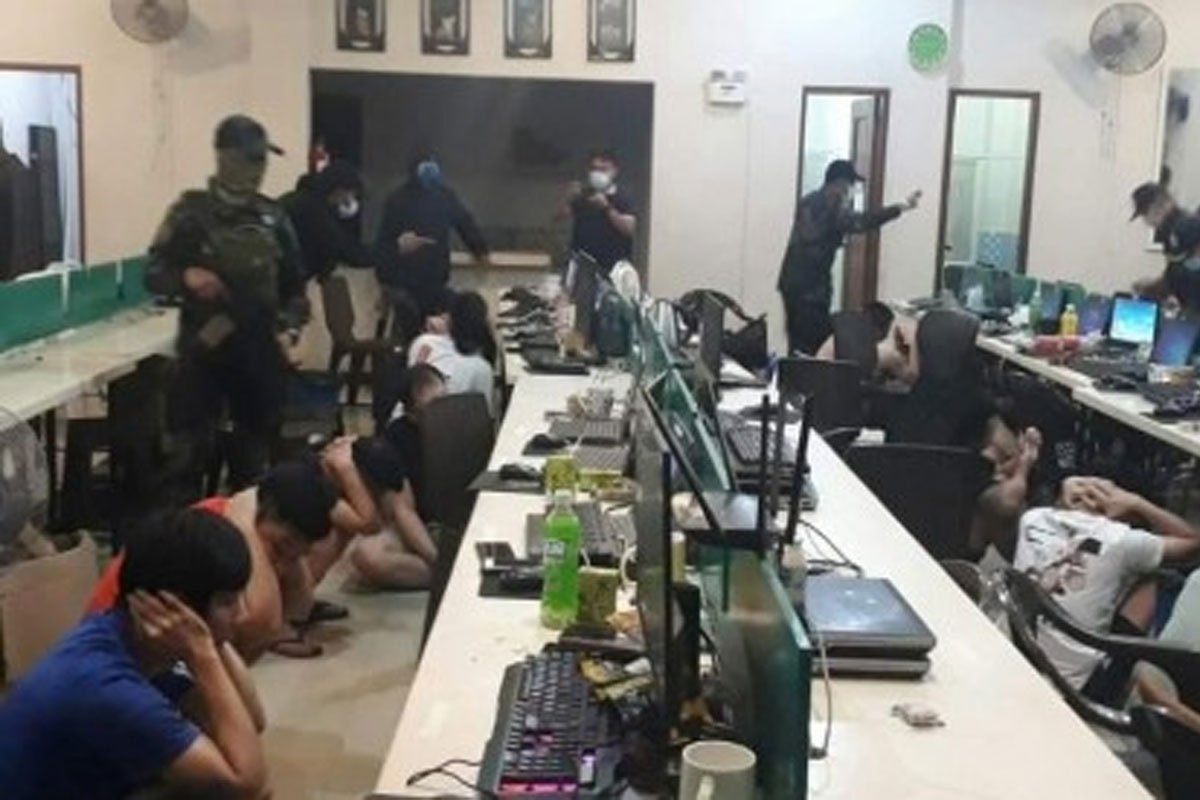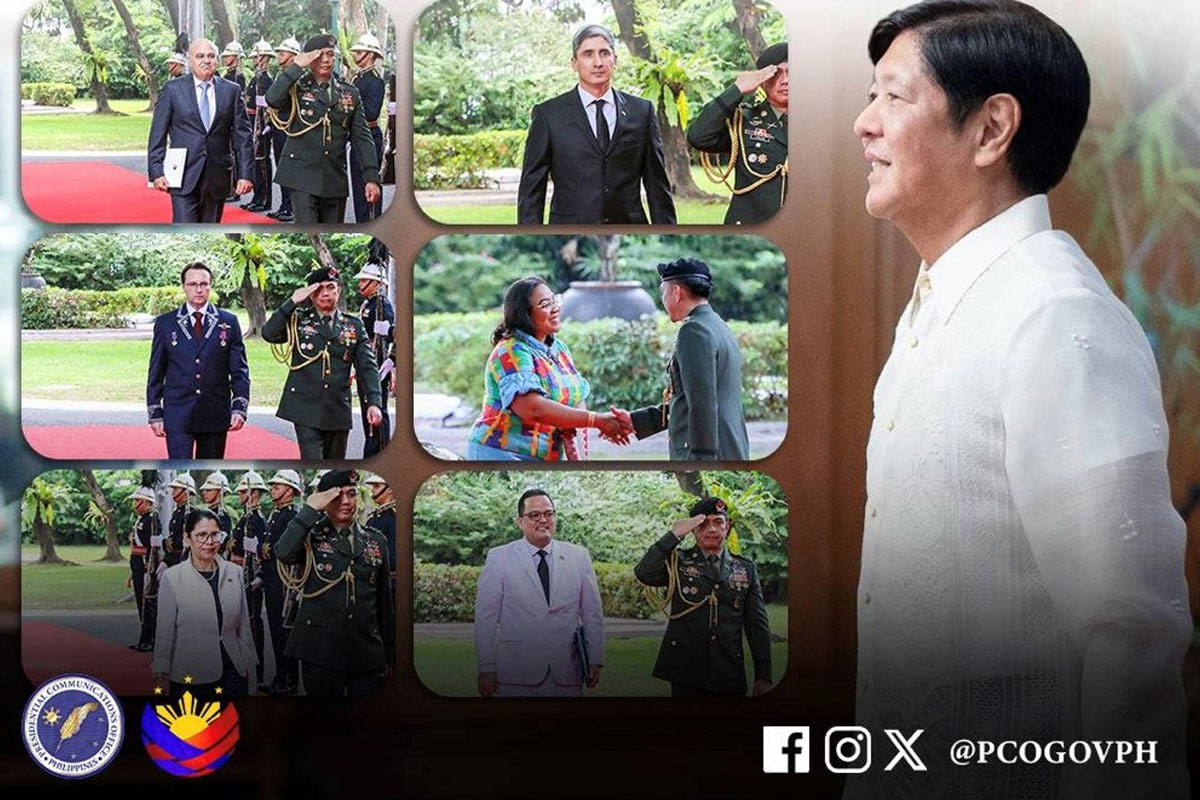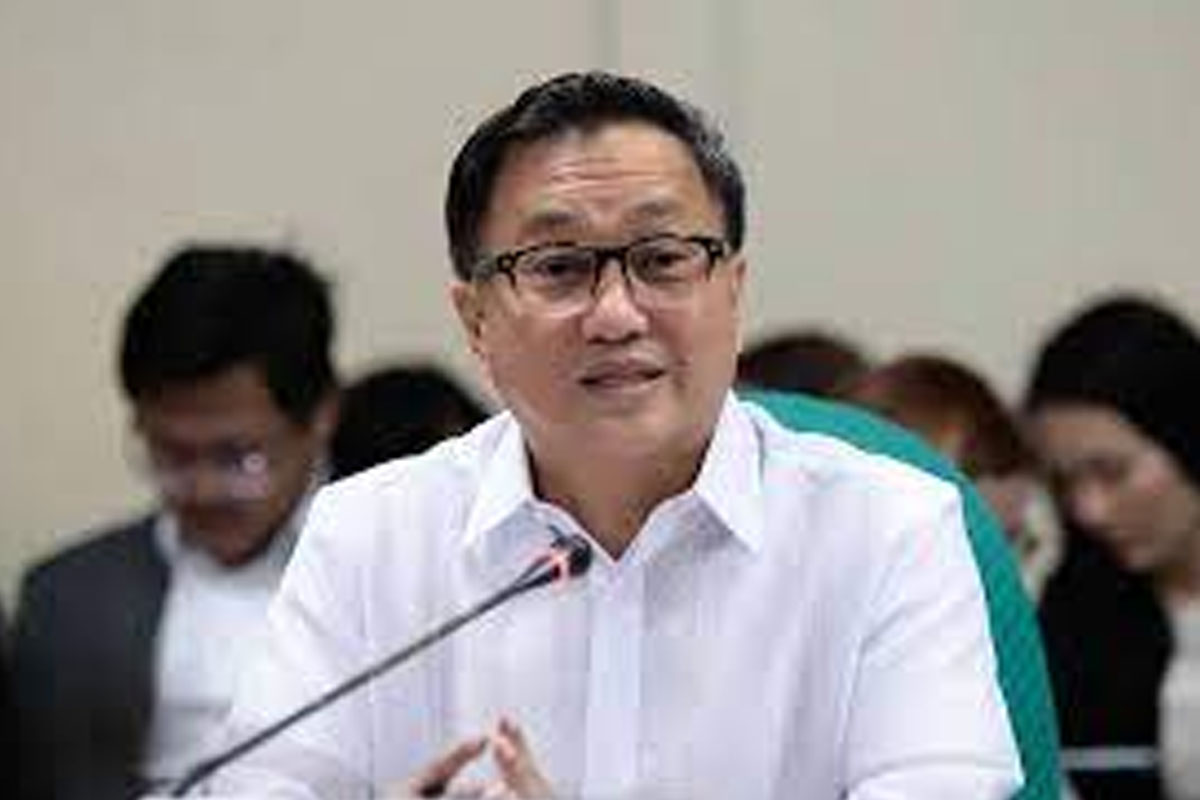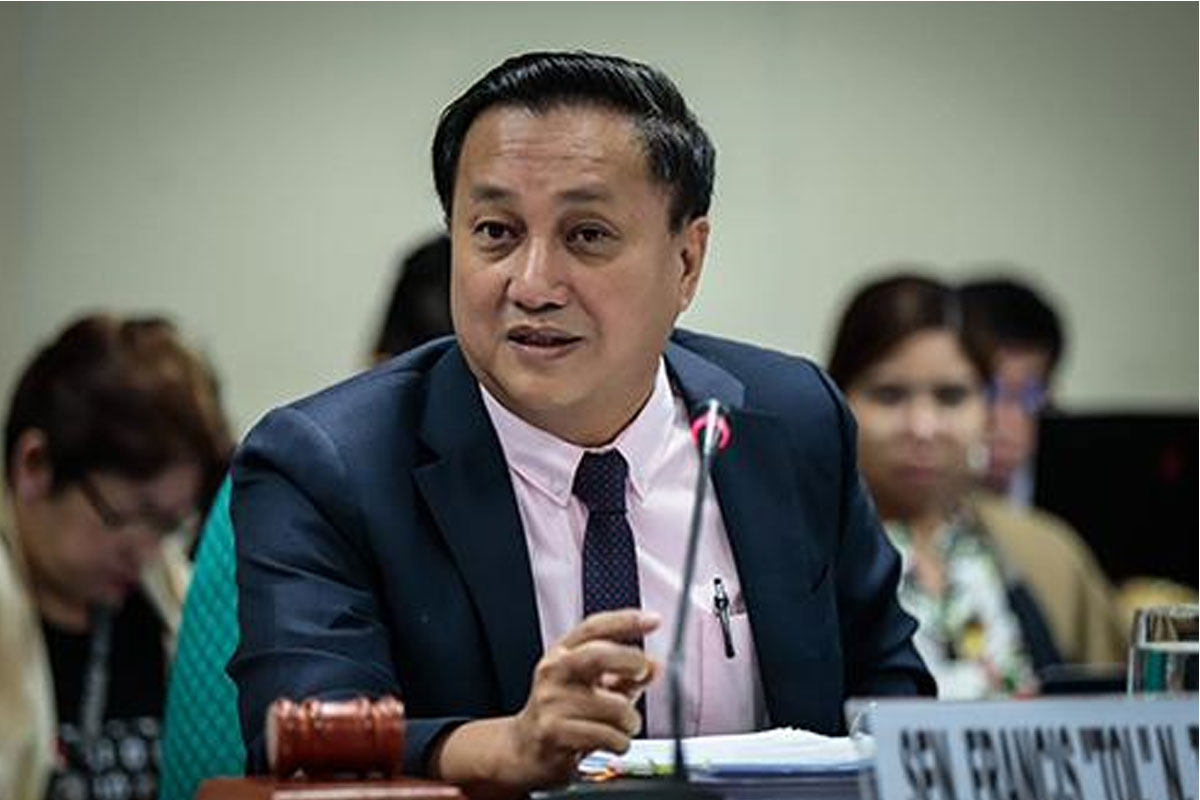
ASEAN role in SCS row
MOST of the countries comprising the Association of Southeast Asian Nations have a stake in the peaceful resolution of the territorial dispute in the South China Sea.
Most of them are located in the region in the vast SCS area on which they depend on for their source of fish and other aquatic food as well as other natural resources.
The US and Europe want unimpeded navigation in SCS where an estimated US$3.37 trillion worth of global trade passes through annually, which accounts for a third of the global maritime trade.
But Beijing wants total control of the vast maritime area because 80 percent of China’s energy imports and 39.5 percent of its total trade passes through it.
Thus, President Marcos reminded contracting parties of the Treaty of Amity and Cooperation in Southeast Asia to do their part in finding resolutions to the SCS dispute without resorting to conflict.
During his intervention at the 17th East Asia Summit in Phnom Penh, Cambodia, the President renewed his pitch to maintain peace and stability in the highly-contested sea.
“We must ensure that the South China Sea remains a sea of peace, a sea of security and stability, and of prosperity. With the UNCLOS (United Nations Convention on the Law of Sea) and international law as our basis, the South China Sea will be a nexus of vibrant economic engagements and interactions, not an epicenter of armed conflict or geopolitical maneuverings,” Marcos said.
He said TAC contracting parties must be guided by the universal principles of “peaceful coexistence” and “friendly cooperation.”
“As high contracting parties to the Treaty, we have a moral and legal obligation to work towards finding resolutions and not resort to inciting conflicts,” he added.
The TAC, a legally-binding code for inter-state relations in the region and beyond, was established in 1976 and embodies universal principles of peaceful coexistence and friendly cooperation among states in Southeast Asia.
The Treaty has been amended three times, in 1987, 1998, and 2010, to allow for accession by states outside Southeast Asia as well as for regional organizations whose members are sovereign states, among others.
The President said the Philippines considers maritime cooperation as a “key priority” in bilateral and multilateral cooperation and engagements, specifically in the SCS.
Meanwhile, Marcos enjoined fellow heads of states to prioritize cooperation on various areas to address mutual issues and concerns.
“…Our people look to their leaders, to us, to correctly navigate the uncertain waters of this new world. Our partnerships will make us strong. Our partnerships will give us wisdom,” he said.
He also stressed the importance of improving existing strategies towards holistic, green, and sustainable development to ensure environmentally-sound economic progress.
“It has become glaringly clear that there is a dire need to strengthen food security towards self-sufficiency in our region to increase adaptability and resilience in the face of threats to the global supply chain,” he said.
The President urged them to “act decisively” and “immediately” on climate change for the benefit of present and future generations.
“We, therefore, call on our Partners in EAS to continue supporting the ASEAN Centre for Biodiversity in its work and efforts towards biodiversity management directed towards climate action,” he added.
Marcos vowed continuing support for EAS initiatives, especially on promoting women’s economic empowerment, strengthening energy security, and promoting volunteerism for sustainable development.
He also thanked the Cambodian government and its Prime Minister Hun Sen for their successful chairmanship of ASEAN and looked forward to the turn of Indonesia as incoming ASEAN chair.


